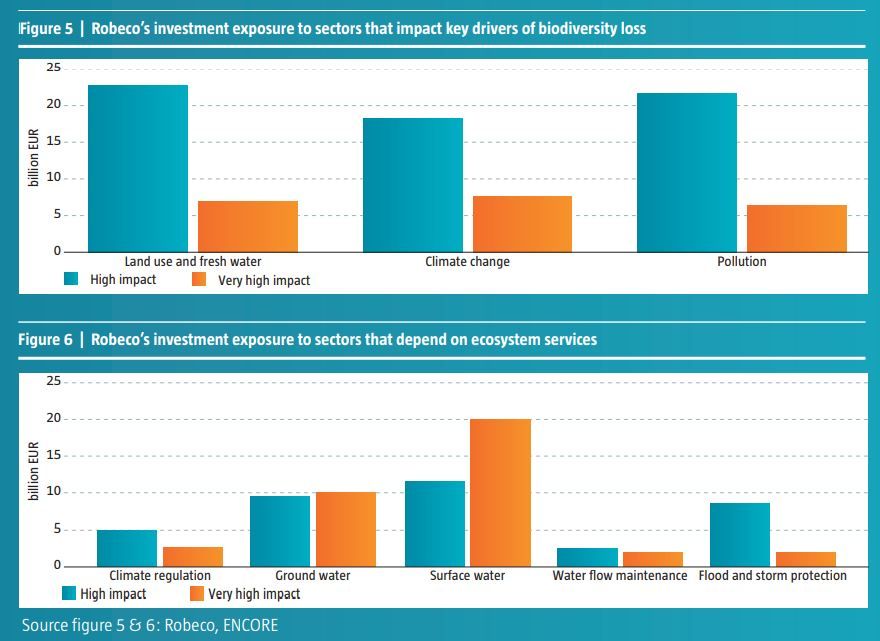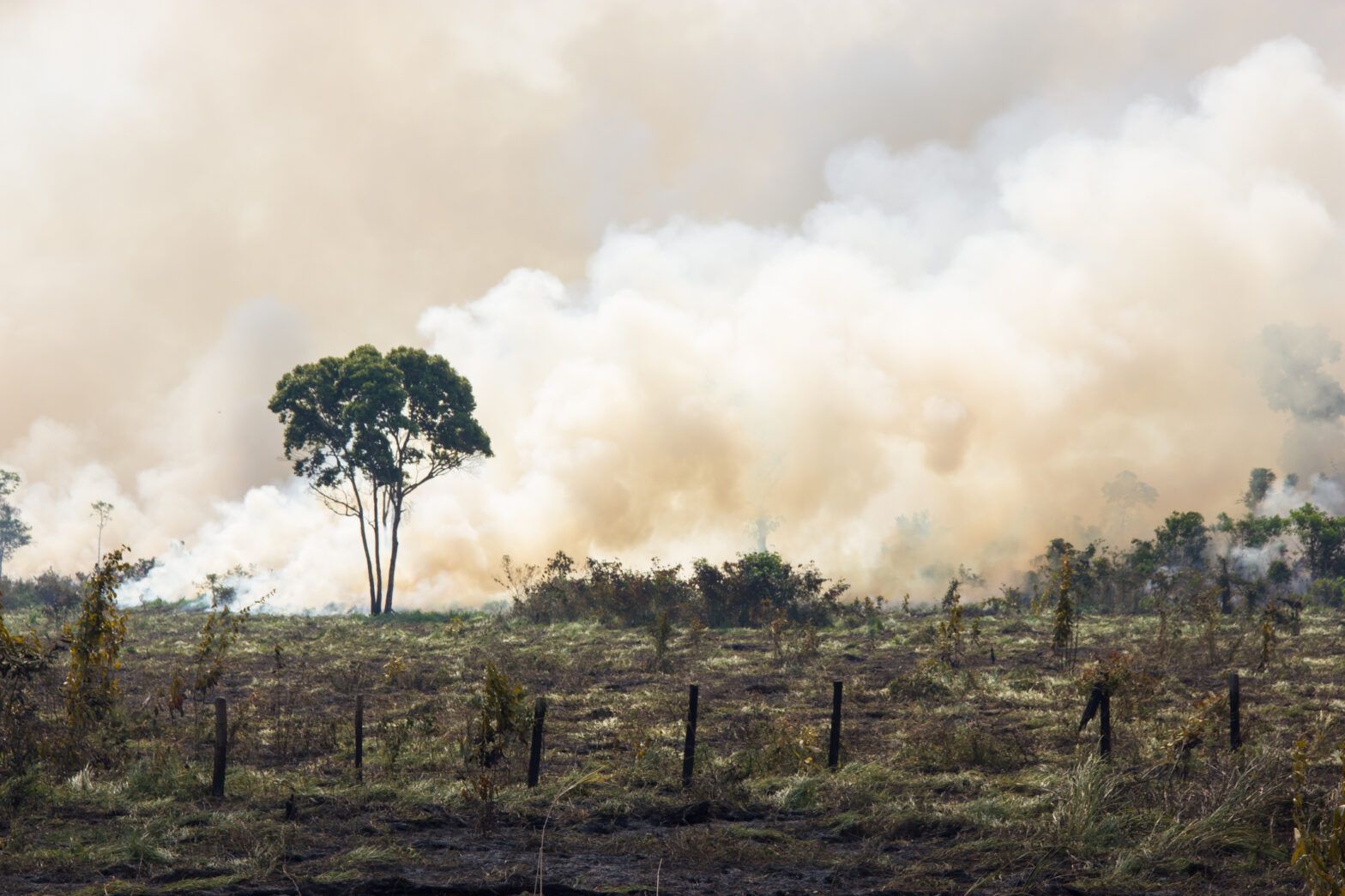Robeco has teamed up with the World Wide Fund for Nature Netherlands to develop a policy and framework to address biodiversity loss in its investments.
In the group’s Approach to biodiversity: Towards the integration of nature-related risks, opportunities and impacts in our investments, Robeco outlined its current assessment of its biodiversity impact. Around a quarter of Robeco’s assets under management are highly or very highly dependent on at least one ecosystem service, the firm found, and around 29% of its investments are in sectors that have high or very high impacts on biodiversity loss.
The most potentially problematic sectors were pharmaceuticals, integrated telecommunication, speciality chemicals, packaged foods and meats, and accessories and luxury goods.

“The financial sector and the asset management industry in which we sit has a crucial role to play in helping to prevent further biodiversity loss,” said Peter van der Werf, senior manager engagement at Robeco.
“This is not something that is simply ‘nice to have’ in the context of sustainable investing: it is in the long-term interest of our clients and our investment performance, along with our duty to do our best to use our leverage to protect the planet.”
See also: – Robeco calls for collaboration to transition to net zero
He added: “There is much more that we need to do, both in terms of further engagement, and in embedding this factor systematically in our investment decisions. It’s no longer just a question of avoiding those companies that are responsible for biodiversity loss through their environmentally damaging operations. We must also embrace those companies that are striving to protect biodiversity, directing more capital towards these sort of sustainable enterprises.”
As part of its new partnership, and commitments as part of the Finance for Biodiversity Pledge, Robeco plans to publish biodiversity policy this year and develop a biodiversity framework.








